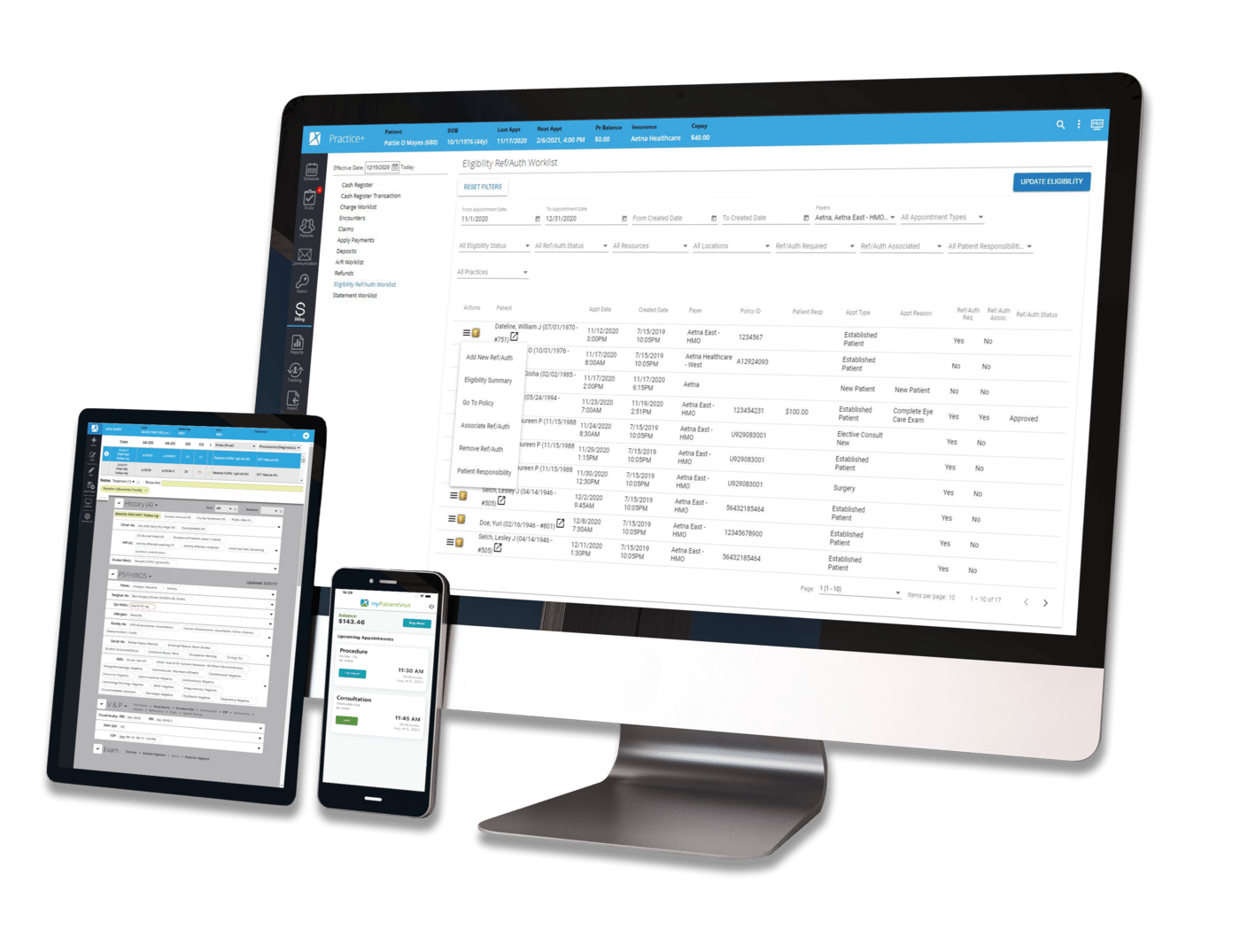Latest Articles
The latest news and information regarding electronic medical records, practice management software, HIPAA, and security from Nextech.

Plastic Surgery | Healthcare Technology | Events
By:
Nextech
May 16th, 2016
Last month at the 2016 Annual Aesthetic Meeting, longtime Nextech client and board-certified plastic surgeon Dr. Daniel Mills was elected as the new President of the American Society for Aesthetic Plastic Surgery (ASAPS). “It is an honor to assume the role of President of The Aesthetic Society," Dr. Mills said in an ASAPS press release. "We are truly a unique organization, consisting of top-tier board-certified aesthetic plastic surgeons. I welcome the opportunity to work with our Board of Directors and specialized committees to advance our public and physician education enterprises as well as our patient safety initiatives." Dr. Mills is currently the Medical Director at Laguna Beach Rejuvenation and Wellness and performs aesthetic operations at his Laguna Beach practice, Aesthetic Plastic Surgical Institute. He has been a Nextech client since 1997.

By:
Nextech
May 12th, 2016
Healthcare IT has grown exponentially over the past few years thanks to initiatives like Meaningful Use and the increase of cloud technology within the industry. Unsurprisingly, that growth is expected to continue according to a report from Research and Markets. In the company's "Healthcare IT Market by Product & by End User - Global Forecast to 2020" report, the global healthcare IT market is estimated to reach a whopping $228.79 billion by 2020.


Regulatory & Compliance | Security & Data Management
By:
Nextech
May 10th, 2016
"This matters. It's a matter of life and death." Those were the words of Vice President Joe Biden on Monday when he spoke at the Health Datapalooza in Washington, DC. The importance of healthcare IT and data sharing isn't lost on Biden. He experienced it firsthand as his son, Beau, was fighting cancer over a year ago. The Vice President described how difficult it was for the different hospitals his son received care at to share information.

By:
Nextech
May 5th, 2016
MACRA and Meaningful Use. MIPS and Advancing Care Information. You've probably heard these phrases quite a bit over the past week - and for good reason. With the announcement that under the newly proposed MACRA rule, Meaningful Use would end on Jan. 1, 2017, has been a big story in the healthcare industry. The proposed rule would end Meaningful Use, and instead, create Advancing Care Information, a program that would be incorporated into the Merit-based Payment System (MIPS). As of now, these changes would only affect eligible providers and not hospitals. So as an eligible provider, what exactly do you need to know about all of these proposed changes?

Plastic Surgery | Healthcare Technology
By:
Nextech
May 4th, 2016
In January, Nextech acquired plastic surgery EMR and office management provider SupraMed, further cementing the company’s commitment to delivering top-tier specialty-specific EMR and practice management solutions. We caught up with Dr. Robert Pollack, SupraMed founder and board certified plastic surgeon, to tell us more about what the acquisition means to the plastic surgery market.

By:
Nextech
May 2nd, 2016
Last week, the Department of Health and Human Services announced a major change was coming to the healthcare IT industry - the MACRA proposed rule would end Meaningful Use, as it's conducted today, on Jan. 1, 2017. Instead, Meaningful Use would be replaced by Advancing Care Information, which would be implemented into the Merit-based Payment System (MIPS). Those within the healthcare IT industry reacted quickly to the big news with responses ranging from hopeful to critical. RELATED: MACRA Proposed Rule Will Replace Meaningful Use for Eligible Providers

By:
Nextech
April 28th, 2016
In January, the Centers for Medicare & Medicaid Services (CMS) Acting Administrator Andy Slavitt announced that Meaningful Use "as it has existed would be effectively over and replaced with something better" in 2016. Now we know how. Today, the Department of Health and Human Services (HHS) announced a proposed rule for Medicare Access and CHIP Authorization Act of 2015 (MACRA) integration. As a result, Meaningful Use reporting - as it's conducted today - would end as of Jan. 1, 2017.